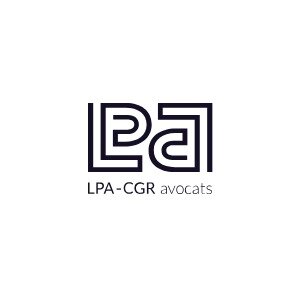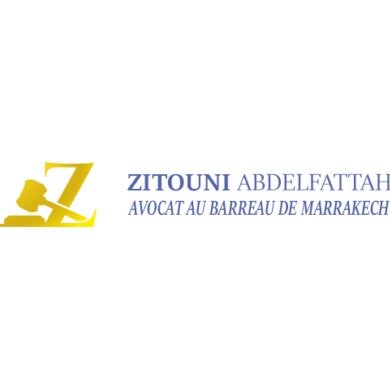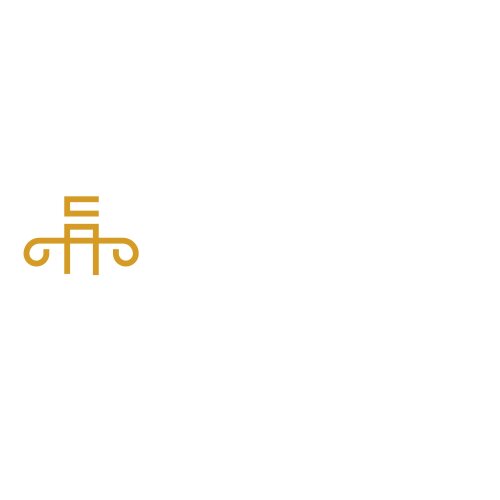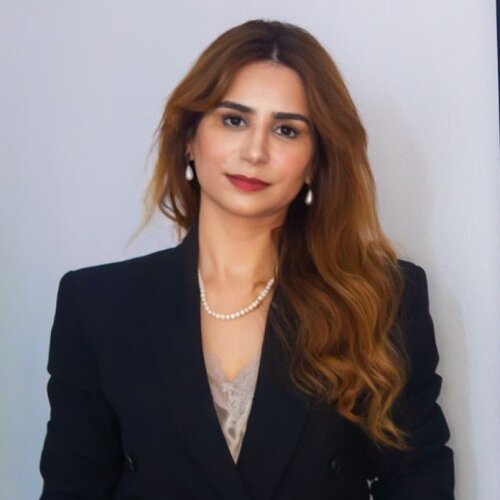Best Banking & Finance Lawyers in Morocco
Share your needs with us, get contacted by law firms.
Free. Takes 2 min.
Or refine your search by selecting a city:
List of the best lawyers in Morocco
Morocco Banking & Finance Legal Questions answered by Lawyers
Browse our 1 legal question about Banking & Finance in Morocco and read the lawyer answers, or ask your own questions for free.
- I am a tourist and I have been scammed by my accountant in Morroco...my only proof left are the massages which we exchange,are WhatsApp massages considering an evidence?
- My accountant asked me 12000 euros to open a company, during the whole process he played a lot with me giving me false information, one day I fed up with him so I changed accountant when I was about to transfer my company, my new accountant, said my company is... Read more →
-
Lawyer answer by AKT ADVISOR LLP
Hello Sir, Sorry to hear that. Yes you can use all proof to show that he scam you. If you need reach our firm to advise you on that.
Read full answer
About Banking & Finance Law in Morocco
Banking & Finance law in Morocco is a rapidly evolving field, influenced by both national reforms and international norms. Morocco's financial sector is characterized by a well-established banking system, a growing financial market, and a commitment to modernize and attract foreign investment. The nation has adopted several legislative measures to align with global standards, including regulations on financial transactions, banking operations, and investment activities. Key regulatory bodies, like the Bank Al-Maghrib (the central bank), play a critical role in overseeing the stability and efficiency of the financial system.
Why You May Need a Lawyer
Individuals and businesses may seek legal advice in Banking & Finance for multiple reasons:
- If you're entering into complex loan arrangements or financial agreements, a specialized lawyer can help protect your interests.
- Companies looking to secure funding or undertake investment transactions might require expert guidance to navigate regulatory requirements.
- If you face disputes over banking services, such as loan defaults or unfair lending practices, legal counsel may be essential to resolving these issues.
- Expats and international businesses investing in Morocco might need assistance in understanding local financial regulations.
- For matters of compliance, such as adhering to anti-money laundering (AML) and combating the financing of terrorism (CFT) laws, legal expertise is crucial.
Local Laws Overview
Morocco’s legal framework in the Banking & Finance sector is comprehensive, covering various aspects that are critical to ensuring a secure and robust financial environment:
- Banking Sector Regulation: Under the supervision of Bank Al-Maghrib, the Moroccan banking system adheres to Basel III standards, focusing on risk management and maintaining adequate capital reserves.
- Investment Regulations: The Moroccan Capital Market Authority regulates capital markets, and reforms in this domain aim to enhance transparency and protect investors.
- Anti-Money Laundering (AML): Morocco enforces strict AML regulations to prevent illicit financial activities, in line with international protocols.
- Interest Rates and Lending: Moroccan law imposes limits on interest rates for loans, with consumer protections in place to prevent predatory lending.
- Foreign Exchange Control: The Office des Changes manages foreign exchange transactions, affecting cross-border business ventures and investments.
Frequently Asked Questions
What is the role of Bank Al-Maghrib?
Bank Al-Maghrib is the central bank of Morocco, responsible for implementing monetary policy, regulating financial institutions, and ensuring financial stability.
How are interest rates regulated in Morocco?
Interest rates in Morocco are regulated by Bank Al-Maghrib, with legal caps to prevent excessively high rates, especially for consumer credit products.
What are the key considerations for foreign investment in Moroccan financial markets?
Foreign investors must navigate local regulations regarding foreign exchange control and seek authorization when necessary for certain investments.
How can a business comply with AML laws in Morocco?
Businesses must adhere to strict reporting and record-keeping requirements, including verifying the identity of clients and reporting suspicious transactions to the financial intelligence unit.
What types of financial disputes may arise that require legal intervention?
Common disputes include loan defaults, unauthorized transactions, and breaches of contract in financial agreements which may require legal resolution.
Are there consumer protection laws in finance?
Yes, Moroccan law includes a framework for protecting consumers against unfair banking practices and provides channels for dispute resolution.
What is the legal process for loan recovery in Morocco?
Loan recovery involves legal proceedings where banks may enforce contracts through the judicial system to reclaim unpaid debts.
How are exchange controls implemented?
The Office des Changes regulates foreign exchange, with restrictions on capital outflows and requirements for currency transactions being carefully monitored.
Can foreign banks operate in Morocco?
Yes, but they must comply with strict licensing requirements and regulations set by Bank Al-Maghrib.
How does Morocco’s financial law align with international standards?
Moroccan financial laws are progressively aligning with international standards, particularly in areas related to anti-money laundering and banking reforms.
Additional Resources
For additional information and assistance, consider these resources:
- The official website of Bank Al-Maghrib offers insights into regulatory updates and monetary policy.
- Moroccan Capital Market Authority provides guidelines and resources on capital market operations.
- The Office des Changes website can be a resource for understanding foreign exchange regulations.
- Moroccan Bar Association can help in finding qualified legal practitioners specializing in Banking & Finance law.
- Non-governmental organizations like Transparency Maroc can offer insights on financial transparency and anti-corruption practices.
Next Steps
If you find yourself in need of legal assistance in the Banking & Finance sector in Morocco, follow these steps:
- Identify the specific areas where you require legal help, such as loan agreements, investment advice, or regulatory compliance.
- Consult with a lawyer specializing in Banking & Finance law with experience in the Moroccan legal system.
- Gather all relevant documents and information concerning your case or situation to facilitate the legal review process.
- Understand the potential costs involved and discuss payment arrangements with your legal adviser upfront.
- Stay informed and updated about regulatory changes by subscribing to official publications from relevant Moroccan financial authorities.
Lawzana helps you find the best lawyers and law firms in Morocco through a curated and pre-screened list of qualified legal professionals. Our platform offers rankings and detailed profiles of attorneys and law firms, allowing you to compare based on practice areas, including Banking & Finance, experience, and client feedback.
Each profile includes a description of the firm's areas of practice, client reviews, team members and partners, year of establishment, spoken languages, office locations, contact information, social media presence, and any published articles or resources. Most firms on our platform speak English and are experienced in both local and international legal matters.
Get a quote from top-rated law firms in Morocco — quickly, securely, and without unnecessary hassle.
Disclaimer:
The information provided on this page is for general informational purposes only and does not constitute legal advice. While we strive to ensure the accuracy and relevance of the content, legal information may change over time, and interpretations of the law can vary. You should always consult with a qualified legal professional for advice specific to your situation.
We disclaim all liability for actions taken or not taken based on the content of this page. If you believe any information is incorrect or outdated, please contact us, and we will review and update it where appropriate.
Browse banking & finance law firms by service in Morocco
Morocco Attorneys in related practice areas.
Browse banking & finance law firms by city in Morocco
Refine your search by selecting a city.

















